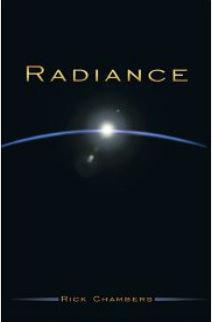 Image: Freedigitalphotos.net
Image: Freedigitalphotos.net And then came the Internet.
While I support online dialogue, I’m a longtime critic of anonymous tomes in the comments section of news websites. Hiding behind handles, many people say things that are untrue or hurtful because they can get away with it. Others make slanderous, outrageous claims—called trolling—just to get a rise out of others. They threaten, cajole and rant in ways they would never do in public, at least not without fear of arrest or lawsuit.
When news sites began to emerge online in the 1990s, comments were seen as a way to tap the interactive potential of the Internet by allowing immediate feedback from readers. Anonymity, it was believed, would broaden the conversation.
It’s done that—but not always to the benefit of reasoned discourse. And that's left many online outlets struggling with how to manage the flood of comments within readers’ expectations of free speech.
This week, one major media outlet decided to step away from the fight. Popular Science magazine announced it was shutting off readers’ comments on its online articles.
“As the news arm of a 141-year-old science and technology magazine, we are as committed to fostering lively, intellectual debate as we are to spreading the word of science far and wide,” wrote Suzanne LeBarre, online editor of the magazine. “The problem is when trolls and spambots overwhelm the former, diminishing our ability to do the latter.
“And because comments sections tend to be a grotesque reflection of the media culture surrounding them, the cynical work of undermining bedrock scientific doctrine is now being done beneath our own stories, within a website devoted to championing science.”
The decision by Popular Science is sad but entirely understandable.
“Free speech today allows one to ignore civility and spout profane, uncouth, rude and outrageous comments online within certain parameters,” write John W. Dozier and Sue Scheff in their book, Google Bomb. “But the line between protected online speech and yelling ‘fire’ in a virtual theater is yet to be fleshed out.”
I don’t see that clarity coming anytime soon, meaning more online sites may go the way of Popular Science. That will leave fewer places for the mean-spirited to spew their venom—and, regrettably, fewer opportunities for healthy conversations that move society forward.


 RSS Feed
RSS Feed
